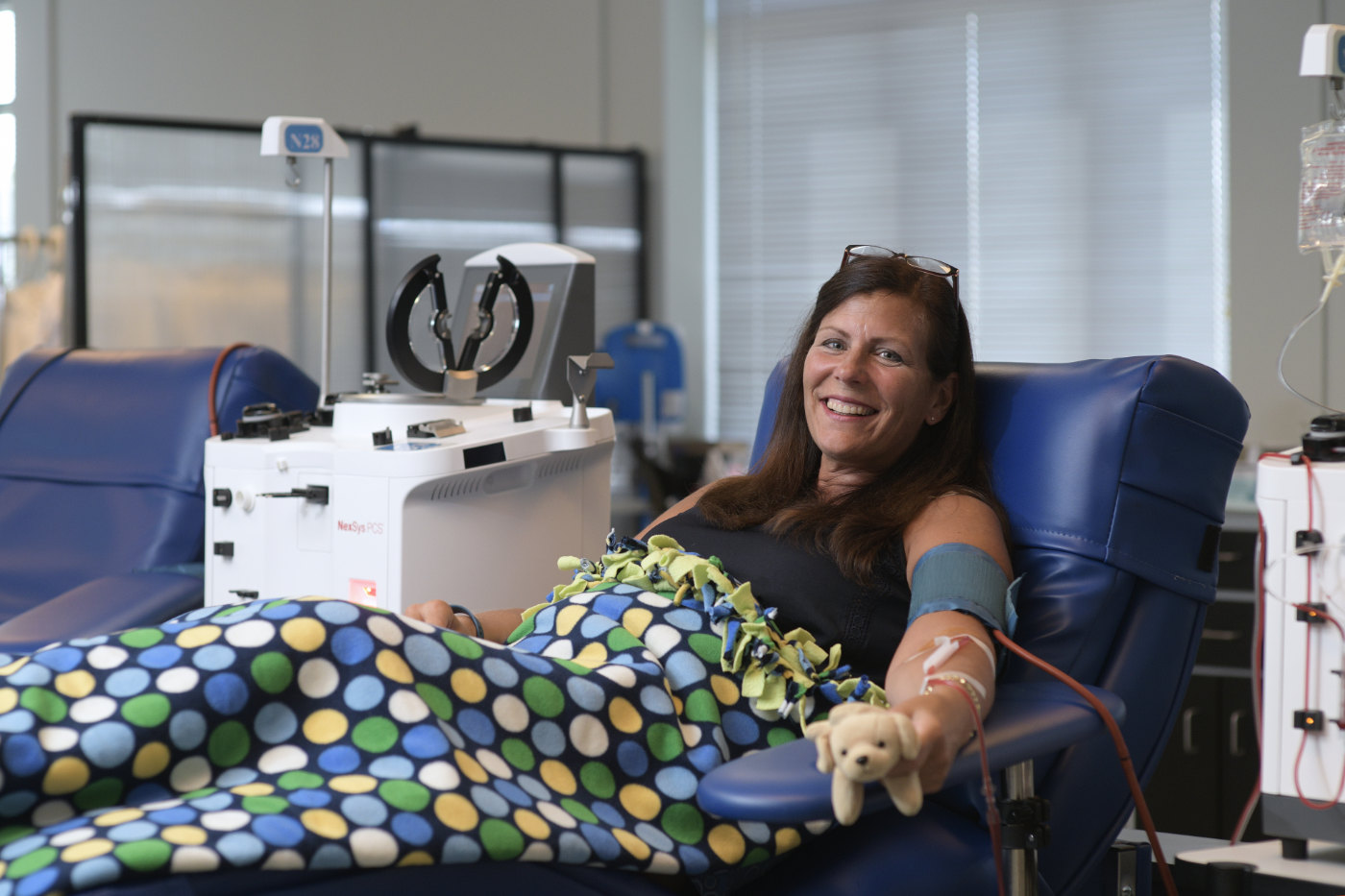Tips for donors
What to eat before donating plasma
Tips for donors
What to eat before donating plasma
April 26, 2024
Congratulations, you’re on the road to donating plasma! Donating plasma is a noble act that can save lives, but it’s essential to prepare your body adequately for the donation process. Proper nutrition plays a crucial role in ensuring a safe and comfortable plasma donation experience. In this guide, we’ll cover what to eat for breakfast before donating plasma, what not to eat, and what to eat in general before your plasma donation appointment.
What to eat for breakfast before donating plasma
Congratulations, you’re on the road to donating plasma! Donating plasma is a noble act that can save lives, but it’s essential to prepare your body adequately for the donation process. Proper nutrition plays a crucial role in ensuring a safe and comfortable plasma donation experience. In this guide, we’ll cover what to eat for breakfast before donating plasma, what not to eat, and what to eat in general before your plasma donation appointment.
What to eat for breakfast before donating plasma
As the saying goes, breakfast is the most important meal of the day. This adage is even truer when it comes to donating plasma! A nutritious breakfast can help stabilize your blood sugar levels, keep you energized, and minimize the risk of complications during plasma donation. Here are some breakfast options to consider:
1. Whole grains: Whole grain toast or oatmeal are excellent choices. They provide sustained energy and fiber to keep you feeling full.
2. Protein: Include lean sources of protein such as eggs, yogurt, or peanut butter. Protein helps maintain muscle strength and overall health.
3. Fruits: Opt for fresh fruits like bananas, apples, or berries. They provide vitamins and natural sugars for a quick energy boost.
4. Beverages: Though it may be hard to sacrifice your morning coffee or tea, it is best to limit your intake of caffeine before a plasma donation as it can lead to dehydration. Start your day with a glass of water or juice to stay hydrated.
What not to eat before donating plasma
Certain foods and beverages can affect the quality of your plasma and your overall well-being during the plasma donation process. Here’s what to avoid:
1. Fatty snacks and treats prior to your donation. These foods can have a negative impact on blood tests, potentially preventing you from donating.
2. Fasting before your donation. It is important you’ve eaten a healthy meal within a few hours before your donation.
3. Fatty foods to avoid include but are not limited to:
- Sweets/candy
- Burgers
- Potato chips
- Pizza
- French fries
- Ice cream
Remember that healthy fats are okay. These include avocado, fatty fish, eggs, nuts, cheese, and full-fat yogurt.
4. Avoid drinking alcohol for 24 hours before your plasma donation. Alcohol can lead to dehydration, making it difficult for you to donate.
What to eat and drink before a plasma donation
- Eat a protein and iron-rich meal no more than a few hours before your donation. You do not want an empty stomach! Protein-rich foods include but are not limited to
- Yogurt
- Chicken
- Eggs
- Beef
- Cheese
- Nuts
- Seeds
- Beans
- Iron-rich foods include but are not limited to:
- Chicken
- Ham
- Beef
- Certain breakfast cereals
- Beans
- Watermelon
- Turkey
- Broccoli & leafy greens
2. Much like with food, what you drink is an essential factor in the overall health of your blood plasma. Drink plenty of water before and after donating. Drinking water is so important because it directly affects how full your vein is and how your plasma is separated. Make sure you have plenty of H2O in the 12 hours before and after your donation.
Extra tips to prepare for your plasma donation
Though nutrition is key to improving your plasma donation, here are a few extra things you can do to make your experience even more comfortable:
1. Get a good night’s sleep before donating your plasma, as it’ll allow for a quicker recovery and a more plentiful donation.
2. Ensure your sleeves can be pushed up so the center team can easily access the veins in your arms.
3. Consider bringing a light sweater to keep warm during the donation process.
4. Bring any personal items that will help you feel as relaxed and comfortable as possible.
5. Pack your phone, a book, or headphones to help pass the time. (All KEDPLASMA centers have free WiFi!)
Following these tips and keeping yourself healthy will make you eligible to donate plasma and save lives. At KEDPLASMA, our donors are our priority, and we thank you for your continued contributions. We have 70 locations nationwide, find your closest center here.





